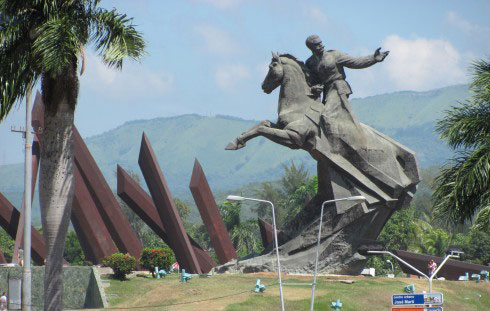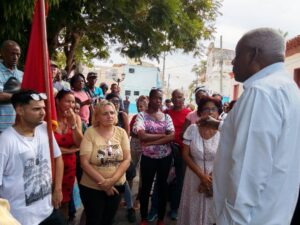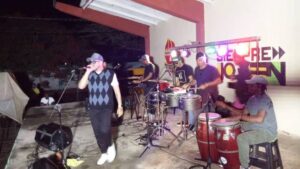Zanjón Pact: an affront to independence.

A few days after the iniquitous rubric, on March 15th, 1878, the glorious quarrel of a heroic titan resounded, positioning Baraguá as the new epicenter of the conflict and vindicating the indomitable emancipating spirit of the Cuban people.

After a decade of bloody struggle for the nation’s independence cause, on February 10th, 1878, the largest of the Antilles found in the signing of the Zanjon Pact one of the most shameful episodes of its history.
The wear and tear of the prolonged struggle, the scarcity of resources and the support of the U.S. government to the Spanish command that oppressed the island, facilitated the plans of General Arsenio Martinez Campos, who took advantage of the lack of cohesion among the different Mambi sectors and the ideological and strategic differences that dented their joint action to gain ground with the colonial forces and disarticulate the insurrectionist movement.
Under the promise of reforms and the end of the tortures, Martinez Campos achieved the fragmentation of the insurgent flank and the dissolution of the House of Representatives of San Agustin del Brazo, facts that besides representing a betrayal to the libertarian ideals extolled by Cespedes since October 1868, facilitated the negotiations to materialize the dishonorable agreement.
In the most undignified and infamous way possible, the agreement urged to forget yesterday’s turmoil between Cubans and Spaniards, while defending freedom of the press and the formation of political parties that did not attack Spain, the liberation of slaves and Chinese colonists who were members of the Mambi army and the recognition of the Hispanic government as the highest authority on the island, as well as the weakening and demoralization of the pro-independence troops.
His aspirations of supposed normalization and arrangements favorable to the political forces of the peninsula overthrew the historical path of sacrifice and patriotism flashed by the Cuban troops and proposed the realization of peace, but handing over to Spain the future of the Caribbean nation.
In spite of the empty promises made by the Zanjón Pact, the battle was not over and Martinez Campos and his men would not take long to notice it, because a few days after the iniquitous rubric, the glorious fight of a heroic titan resounded on March 15th, 1878, positioning Baraguá as the new epicenter of the conflict and vindicating the indomitable emancipating spirit of the Cuban people, that one that even today, 147 years after those events, keeps its flame firm and intact.
Written by Yadiel Barbón Salgado.




